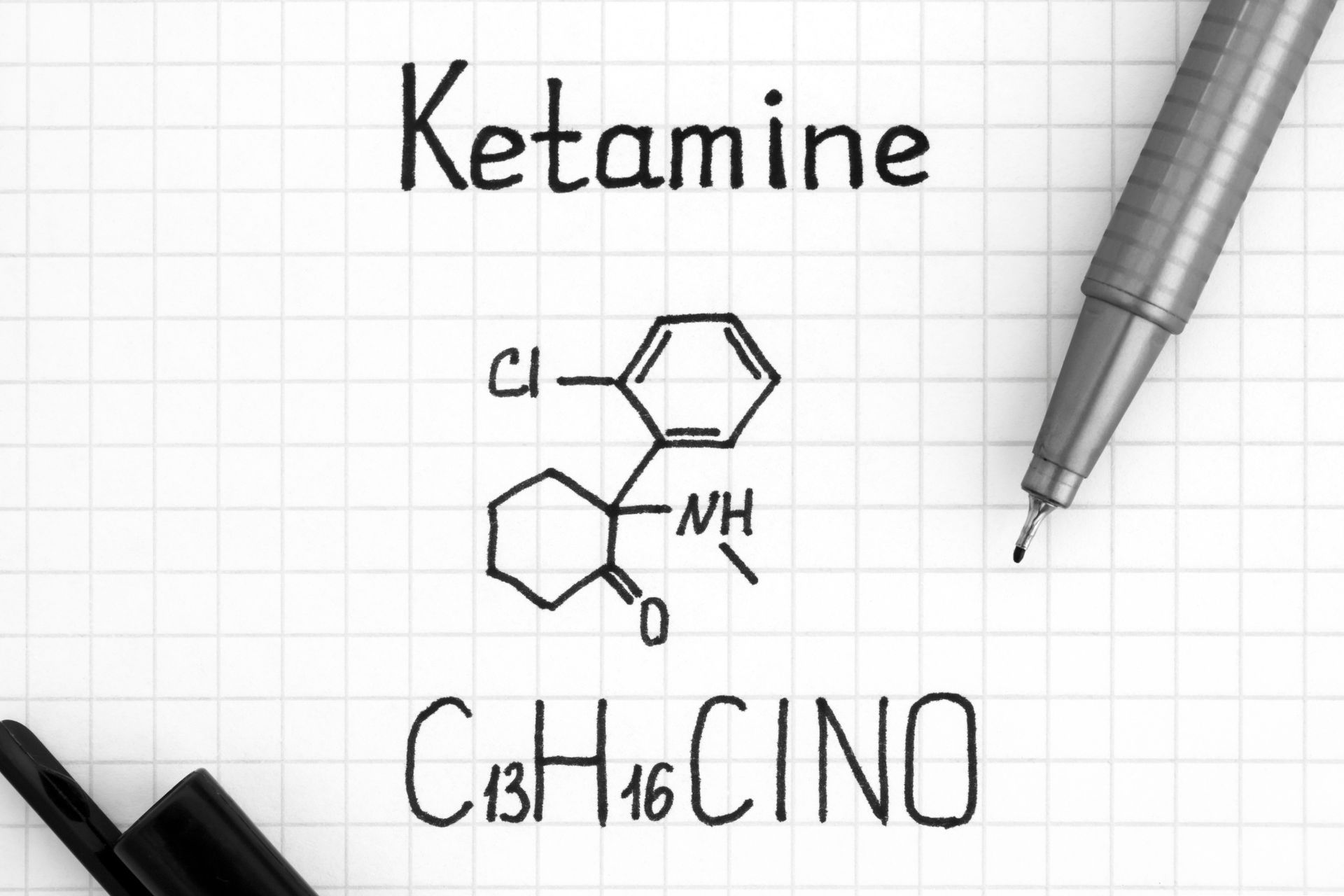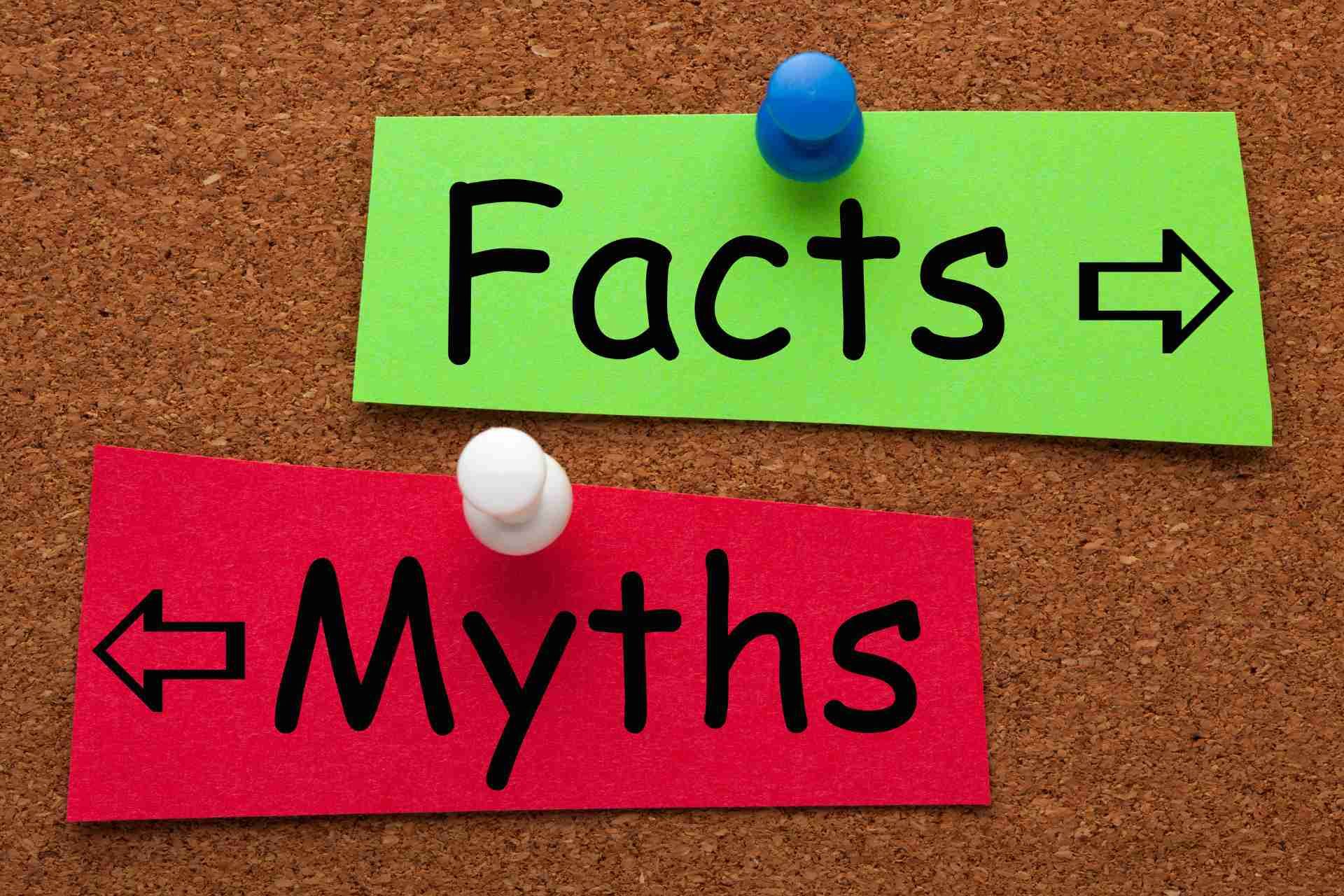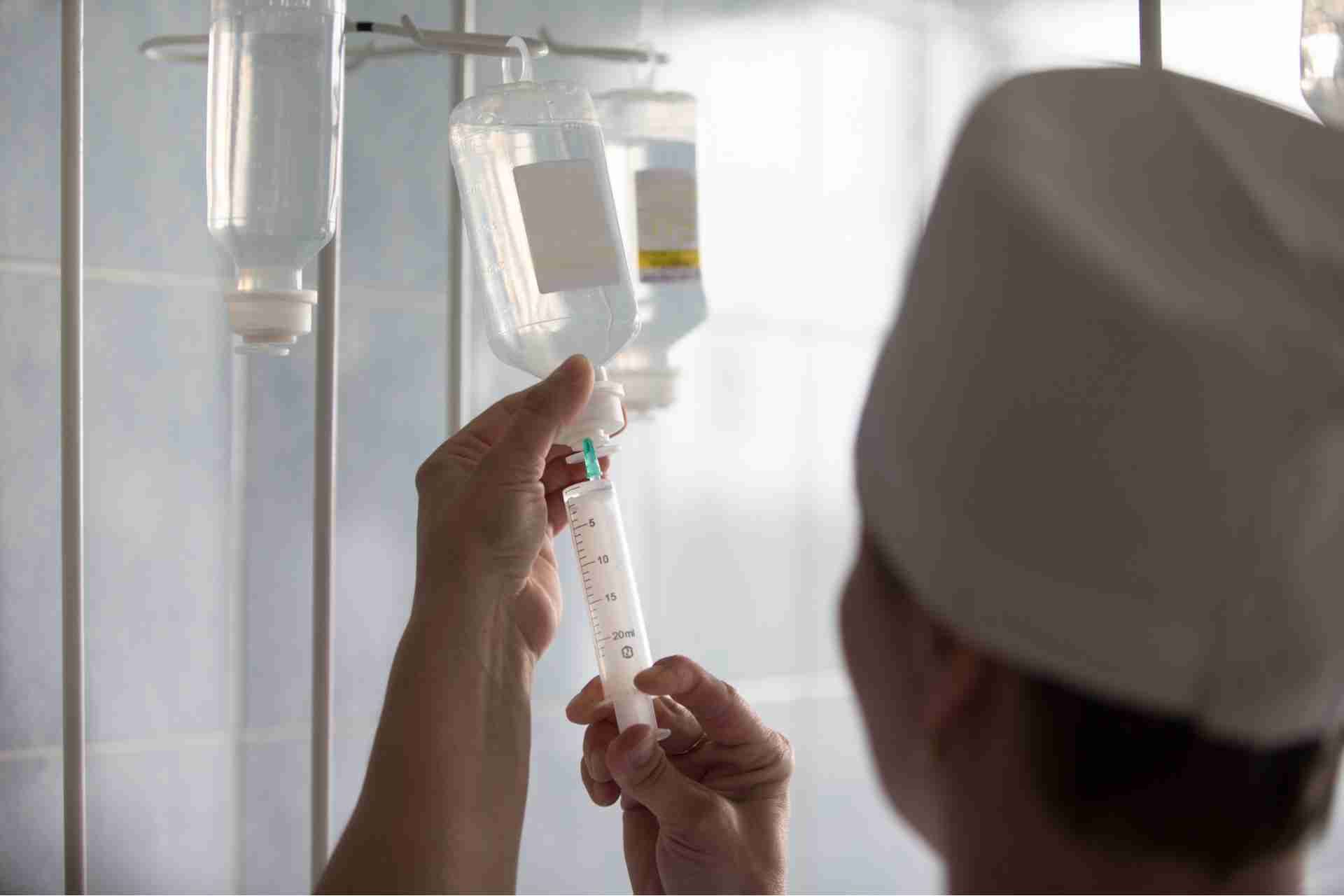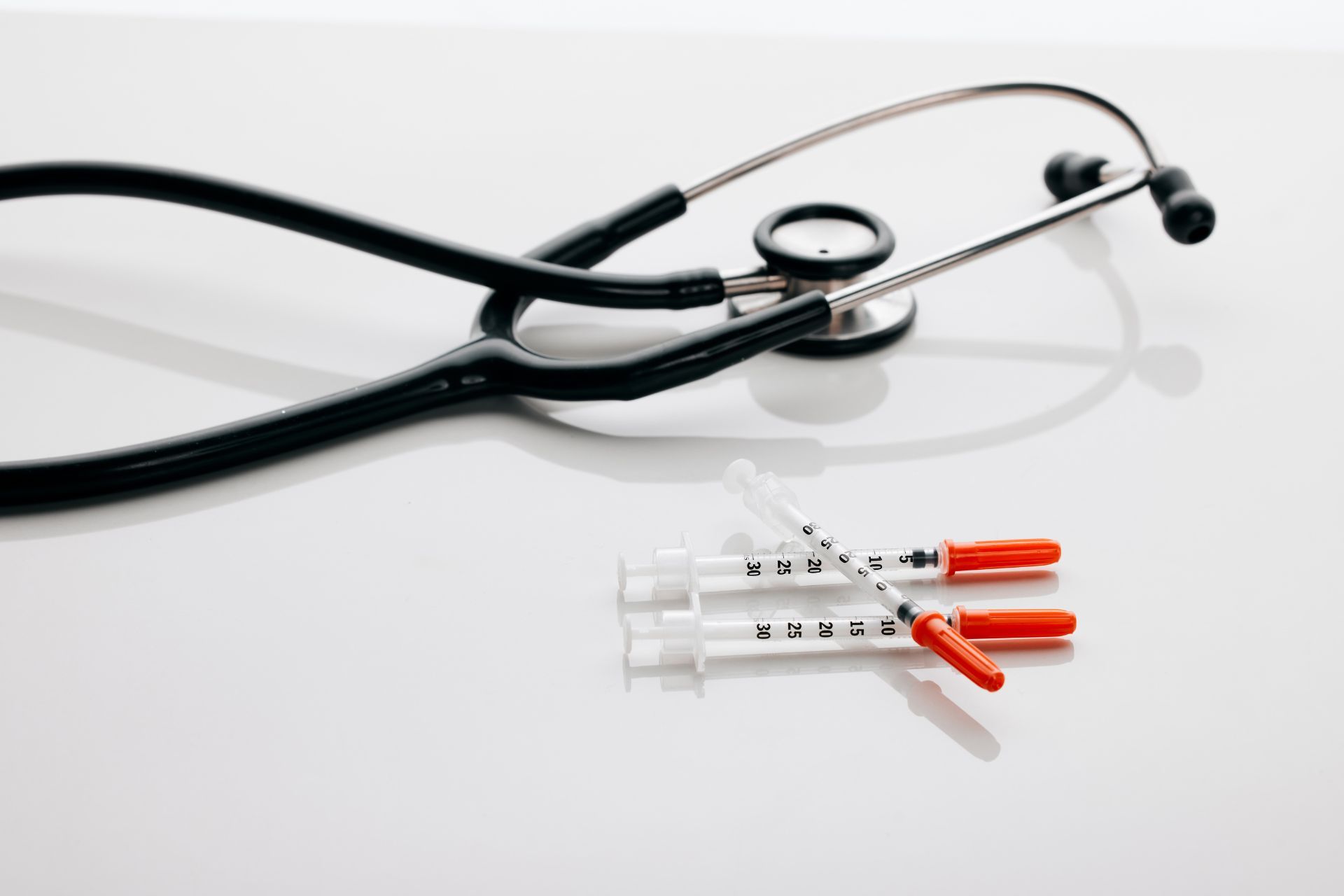Does Ketamine Treat Complex PTSD?

Post-traumatic stress disorder (PTSD) is a mental health condition that can develop after experiencing a traumatic event, such as war, assault, natural disaster, or abuse. Complex PTSD, also known as C-PTSD, is a more severe form of PTSD that can occur after enduring repeated or prolonged trauma, such as childhood abuse or neglect, domestic violence, or captivity.
While traditional treatments for PTSD, such as therapy and medications, can be effective for some individuals, others may not see significant improvement in their symptoms. This has led researchers to explore alternative treatment options, such as ketamine.
Ketamine is a dissociative anesthetic that has long been used for anesthesia and pain management. In recent years, ketamine has gained attention for its potential to rapidly alleviate symptoms of depression and anxiety. The drug works by blocking certain receptors in the brain and promoting the growth of new neural connections, leading to improved mood and mental well-being.
What is Complex PTSD?
Complex PTSD, or C-PTSD, is a relatively newly recognized psychological condition that is the result of prolonged exposure to traumatic events. It is different from traditional PTSD in that it is typically caused by repeated, ongoing trauma, such as childhood abuse, domestic violence, or being held captive.
Those who suffer from C-PTSD often experience a variety of symptoms that can be incredibly debilitating. These symptoms can include flashbacks, intrusive thoughts, emotional dysregulation, dissociation, and difficulty forming and maintaining relationships. Individuals with C-PTSD may also struggle with feelings of shame, guilt, and worthlessness, and have a distorted sense of self.
Does Ketamine Treat Complex PTSD?
Several studies have examined the effects of ketamine on PTSD and C-PTSD. One study published in the Journal of Traumatic Stress found that ketamine infusions significantly reduced PTSD symptoms in individuals with treatment-resistant PTSD. Another study published in the Journal of Affective Disorders found that ketamine infusions improved symptoms of depression and PTSD in individuals with comorbid PTSD and major depressive disorder.
Ketamine works by quickly and effectively altering the brain's neurochemistry, allowing individuals to process and release traumatic memories and emotions. Ketamine infusions can provide rapid relief from symptoms such as flashbacks, nightmares, hypervigilance, and dissociation. Additionally, ketamine can help individuals feel more grounded, present, and connected to themselves and their surroundings.
It's important to note that
ketamine treatment for PTSD and C-PTSD is still considered experimental, and more research is needed to fully understand its effectiveness and long-term effects. Additionally, ketamine infusions should only be administered by a trained healthcare professional in a controlled clinical setting.
Effectiveness of Ketamine in Treating Complex PTSD
Studies have shown that ketamine may be an effective treatment for complex PTSD, particularly in cases where traditional therapies have not been successful. One study published in the Journal of Psychopharmacology found that ketamine infusion therapy led to significant improvements in PTSD symptoms, including re-experiencing, avoidance, and hyperarousal, in a group of patients with treatment-resistant PTSD.
The rapid-acting nature of ketamine makes it an attractive option for individuals with complex PTSD who are in need of immediate relief from their symptoms. Traditional therapies such as
cognitive behavioral therapy and medication can take weeks or even months to show significant improvements, whereas ketamine can start working within hours.
Conclusion
Ketamine therapy offers a new and innovative approach to treating Complex PTSD. By targeting the underlying
neurochemical imbalances that contribute to PTSD symptoms, ketamine can help individuals with C-PTSD find relief and regain control over their lives. If you or someone you know is struggling with Complex PTSD, consider exploring ketamine therapy as a potential treatment option. With the right support and guidance, ketamine therapy can help you on your journey to healing and recovery.
7050 S Highland Drive Suite 120,
Cottonwood Heights, Utah 84121, United States
Phone: 385-287-1469
Copyright © 2023
Alternative Pathways, All Rights Reserved.










